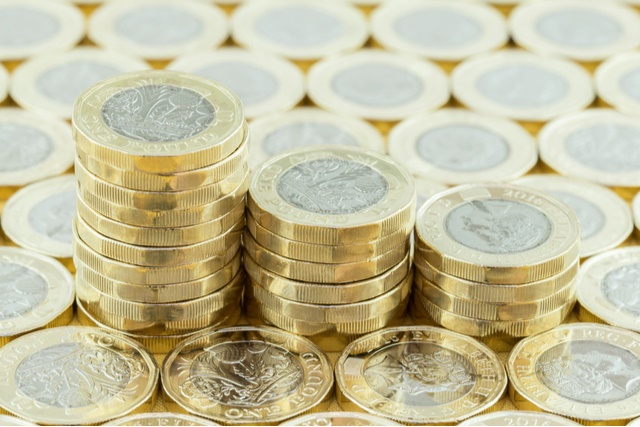GBP/AUD Exchange Rate Steady on Robust UK CPI Figures
The Pound Australian Dollar (GBP/AUD) exchange rate is trading in a narrow range this morning as some initial weakness in the pairing was offset by the publication of the UK’s consumer price index (CPI).
At the time of writing the GBP/AUD exchange rate is currently trading at around AU$1.9392, virtually unchanged from this morning’s opening rate.
Pound (GBP) Supported by Strong Inflation Reading
The Pound (GBP) is holding steady against the Australian Dollar (AUD) this morning as markets reacted to the UK’s latest CPI figures.
According to data published by the Office for National Statistics (ONS), inflation rocketed up to 1.8% last month, rebounding from a three-year low of 1.3% in December and sailing past expectations for a more modest rise of 1.6%.
GBP investors welcomed the uptick in inflation as it weakens the case for the Bank of England (BoE) to pursue a rate cut in the first half of 2020.
Ruth Gregory, senior UK economist at Capital Economics, suggests:
‘CPI inflation still looks likely to slip back to 1.5% within the next few months and remain below 2% for the rest of the year. But for the MPC, the fact that inflation is evolving in line with its projections provides another reason not to cut interest rates in the near term.’
Australian Dollar (AUD) Muted as Weak Wage Growth Bolsters RBA Rate Cut Speculation
Meanwhile, the Australian Dollar (AUD) is mostly rangebound this morning as Australia’s latest wage price index proved underwhelming
The Australian Bureau of Statistics (ABS) reported annual wage growth rose by 2.2% in 2019, with fourth quarter growth stuck at just 0.5%.
The weak figures came as Australia was feeling the economic sting of widespread bushfires, with analysts fearing the coronavirus crisis will put even more pressure on Australian’s pay packets.
Analysts warn this will put more pressure on the Reserve Bank of Australia (RBA) to cut interest rates again this year.
Callam Pickering, APAC economist at Indeed said:
‘We consider it unlikely that wage growth will improve much during 2020 and so we also expect household spending and inflation to remain disappointing. We believe it is likely that the Reserve Bank will need to cut rates again by mid-year, with a second cut not out of the question.’
Next up will be Australia’s latest employment report later tonight, where further signs of a slowing jobs market is likely to further increase the odds of a RBA rate cut in the near term.


Comments are closed.